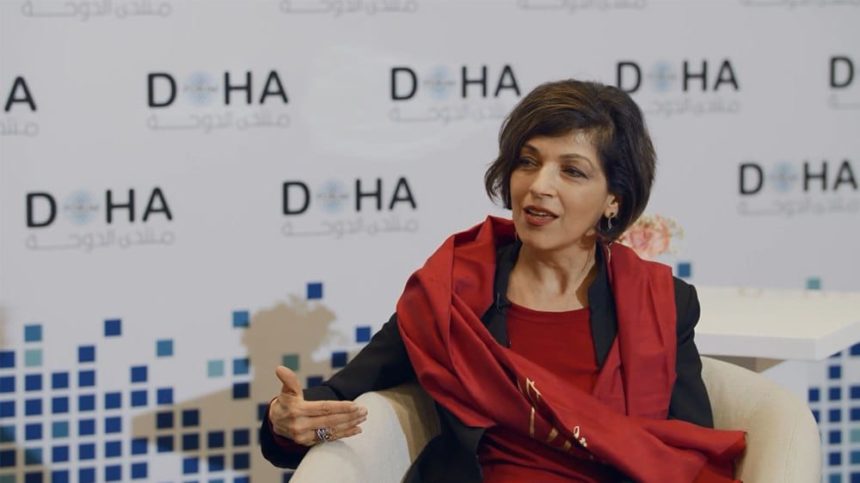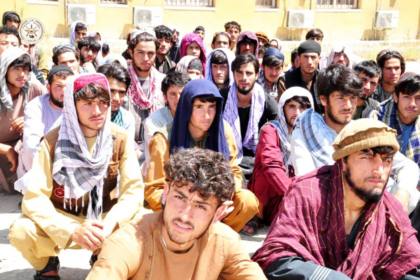RASC News Agency: The U.S. special representative for women’s affairs in Afghanistan recently underscored that the Taliban’s oppressive policies towards women lack both religious and economic justifications and are incongruent with the values of the Afghanistani people. During the Doha International Forum on Sunday, December 10th, Amiri highlighted the adverse impact of women’s unemployment, noting that the Taliban’s restrictions on work and education have led to a significant decrease in revenue, totaling one billion dollars. She further contested the religious basis of the Taliban’s decisions, referencing the consensus of 57 countries in the Islamic Organization that deem these decisions contrary to Islamic teachings.
Amiri contended that the Taliban’s constraints on women primarily stem from internal political issues within the group, although she did not elaborate on these matters. According to Amiri, the people of Afghanistan do not endorse the prohibition on women’s work and education, considering it incompatible with their culture. She emphasized that a substantial number of Afghanistani citizens reject the Taliban’s narrative, and both ethnic and political elders in Afghanistan perceive it as irrelevant to their cultural values.
Moreover, Amiri highlighted that the restrictions imposed by the Taliban on women’s rights, encompassing education, work, travel, and political participation, lack any economic foundation. The 21st international meeting of the Doha Forum, themed “Building a Common Future,” transpired in Qatar on Sunday, December 10th, featuring the participation of representatives from Afghanistan and various other countries.






